Life
Sign up for our newsletter
We summarize the week's scientific breakthroughs every Thursday.
-
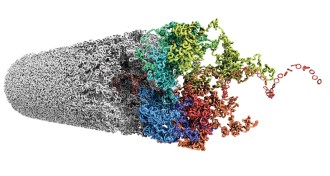 Life
LifeHere’s how cells rapidly stuff two meters of DNA into microscopic capsules
Scientists have figured out how cells quickly pack up their chromosomes before a cell divides.
-
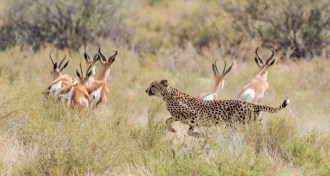 Animals
AnimalsSlower speed, tricky turns give prey a chance against cheetahs and lions
A bonanza of data on wild predators running shows that hunting is more than sprinting.
By Susan Milius -
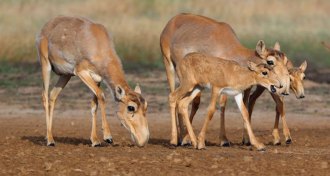 Animals
AnimalsHere’s why so many saiga antelope mysteriously died in 2015
Higher than normal temperatures turned normally benign bacteria lethal, killing hundreds of thousands of the saiga antelopes.
-
 Earth
EarthLife may have been possible in Earth’s earliest, most hellish eon
Heat from asteroid bombardment during Earth’s earliest eon wasn’t too intense for life to exist on the planet, a new study suggests.
-
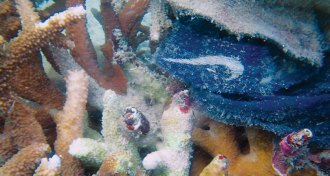 Environment
EnvironmentPlastic pollution increases risk of devastating disease in corals
Researchers estimate about 11 billion pieces of plastic are polluting Asia-Pacific corals, raising the risk of disease at scores of reefs.
By Dan Garisto -
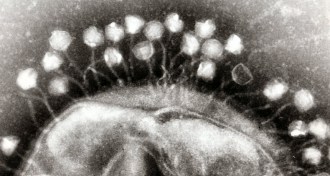 Genetics
GeneticsScientists find 10 new defense systems used by bacteria
Scientists identify 10 groups of genes that appear to govern defense systems used by bacteria against virus attacks.
-
 Science & Society
Science & SocietyMemory remains elusive, but the search continues
Acting Editor in Chief Elizabeth Quill explores the history of memory and scientists' search for its physical trace in our brains.
-
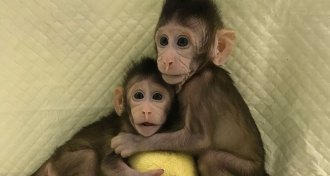 Genetics
GeneticsBaby macaques are the first primates to be cloned like Dolly the Sheep
Scientists have cloned two baby macaque monkeys with the same technique used to clone Dolly. The research could help advance the cloning of other species.
By Dan Garisto -
 Neuroscience
NeuroscienceSomewhere in the brain is a storage device for memories
New technology and new ideas spur the hunt for the physical basis of memory.
-
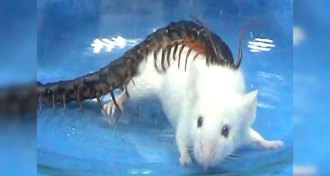 Health & Medicine
Health & MedicineHere’s the key ingredient that lets a centipede’s bite take down prey
A newly identified “spooky toxin” launches a broad attack but might be eased with a version of a known drug.
By Susan Milius -
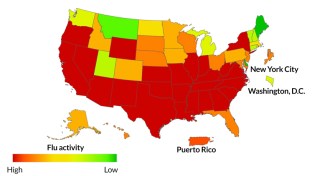 Health & Medicine
Health & MedicineNew twist on a flu vaccine revs up the body’s army of virus killers
A new approach to flu vaccine development makes influenza virus extra sensitive to a powerful antiviral system.
-
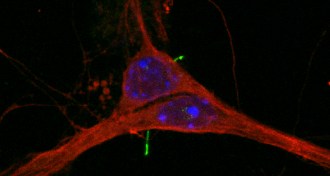 Neuroscience
NeuroscienceCilia in the brain may be busier than previously thought
A hairlike appendage sticking out of brain cells may be much more important in the brain than scientists realized.